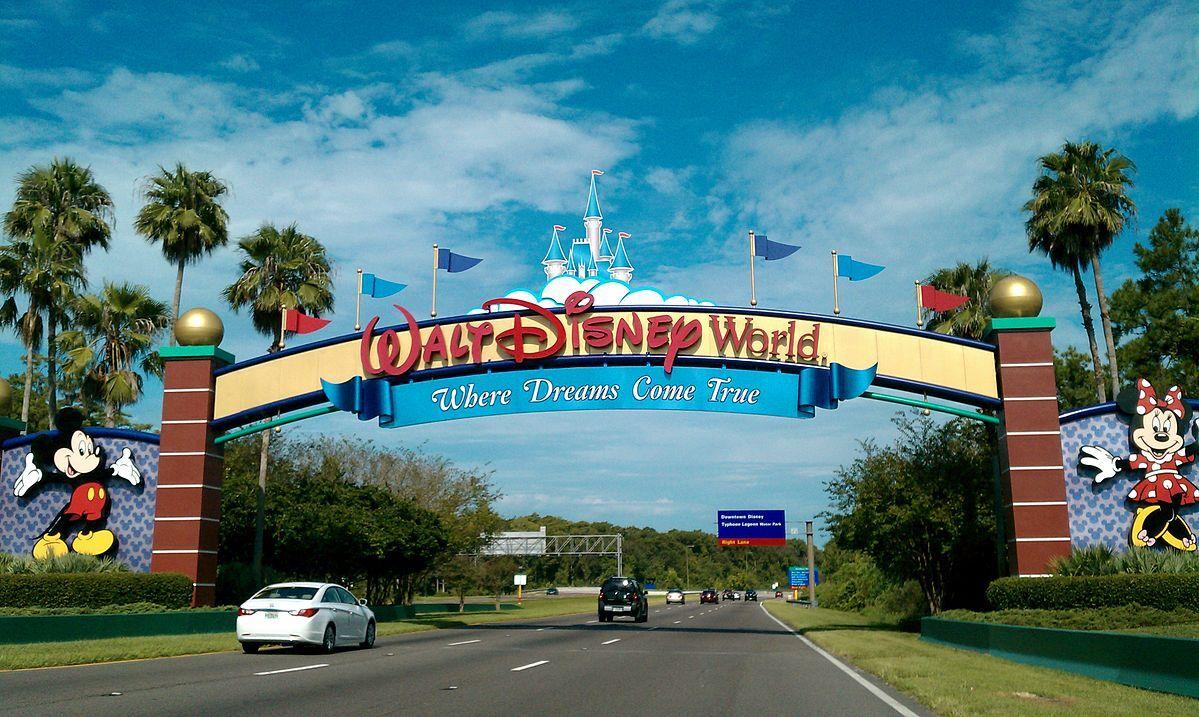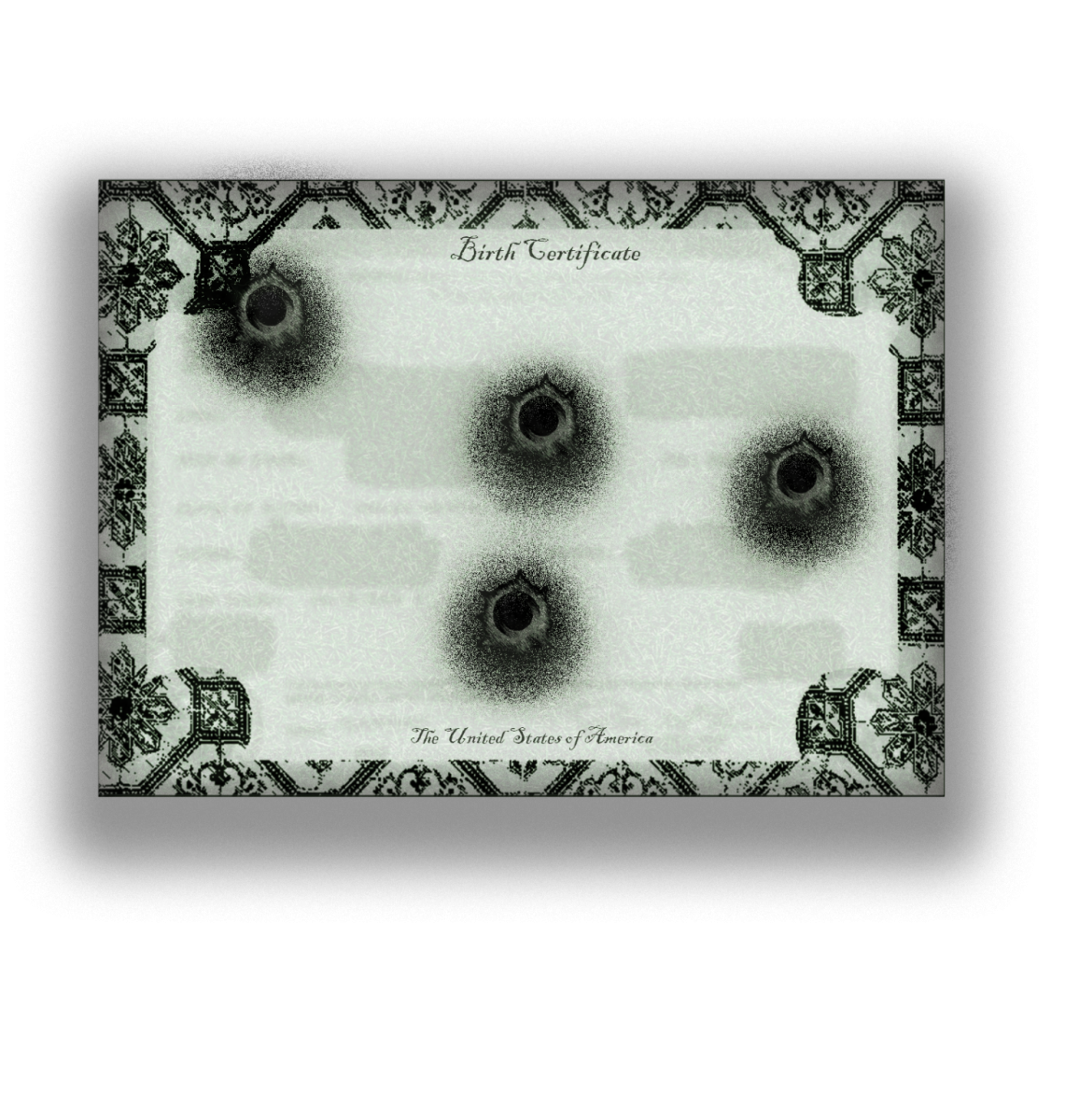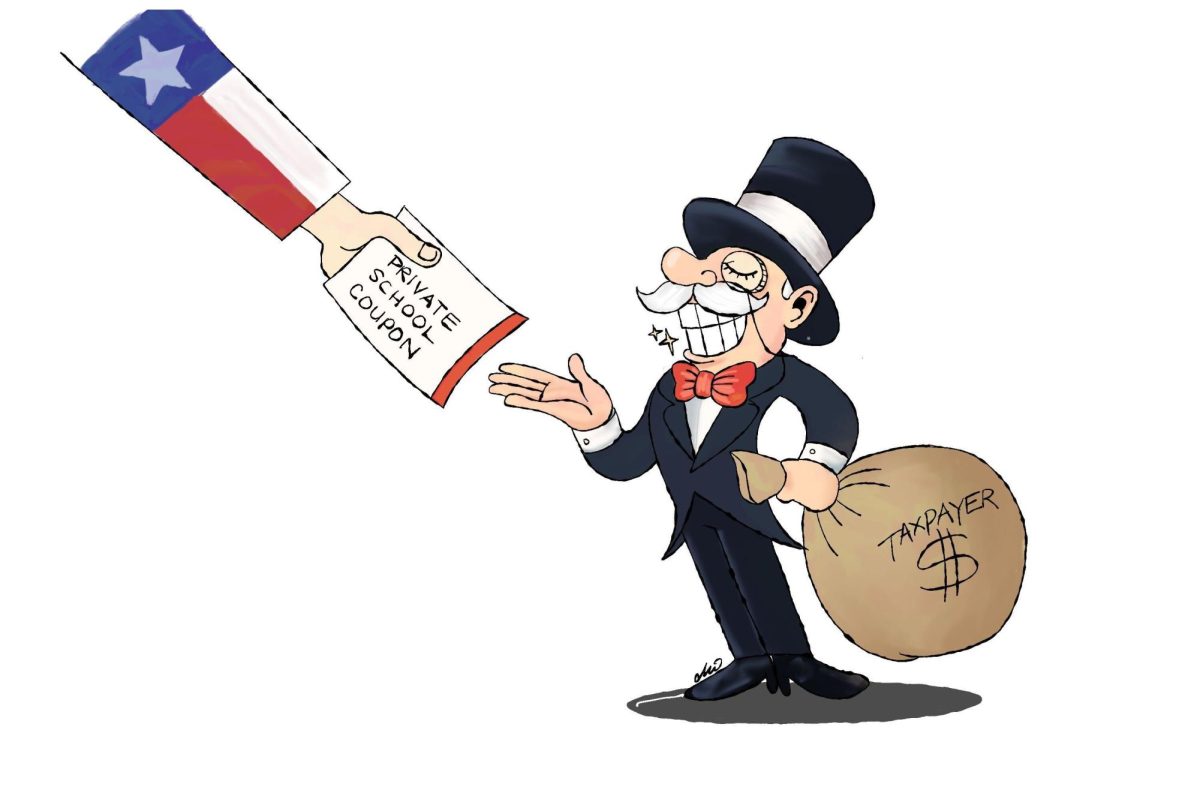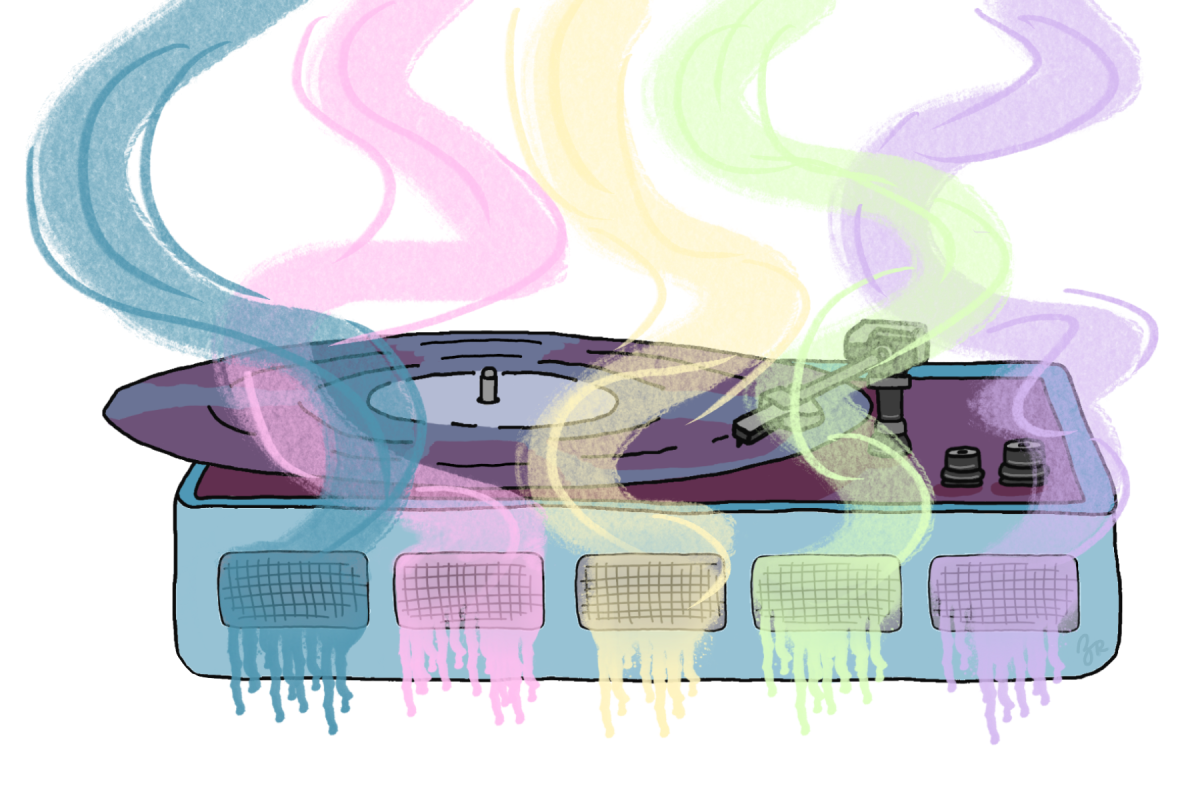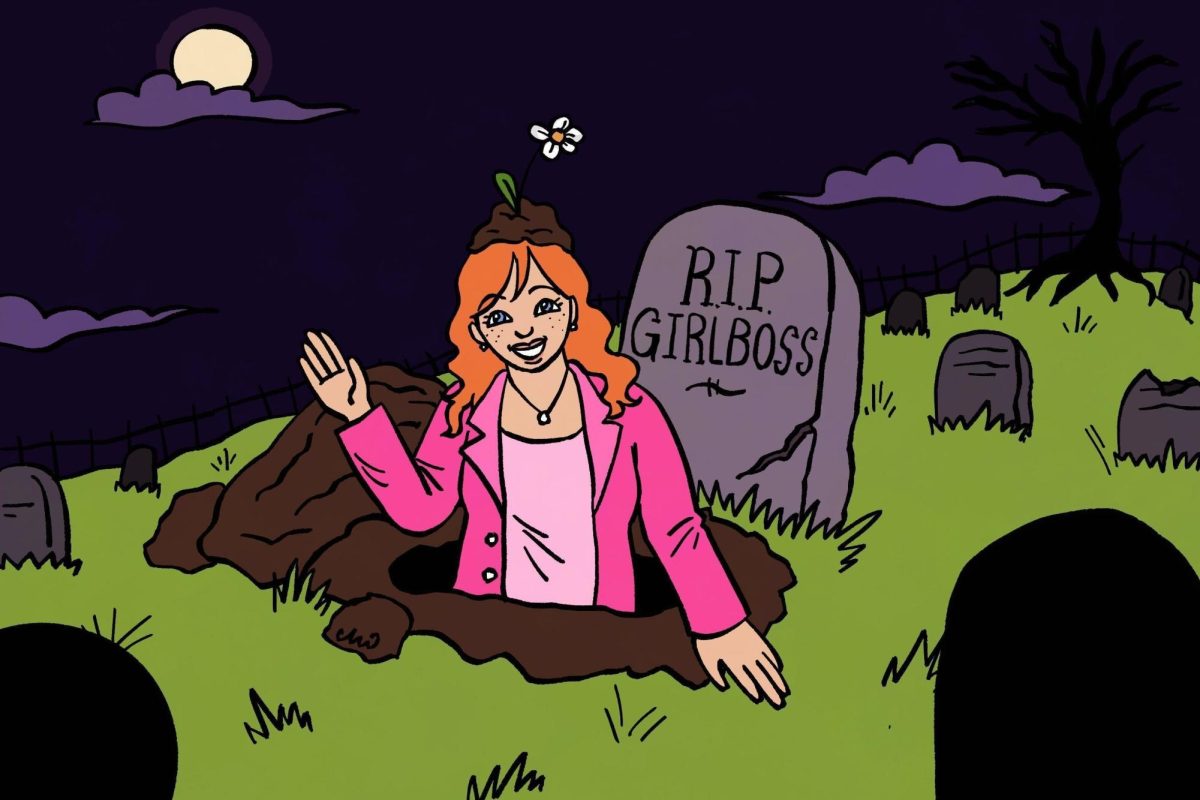Disney is tired. Scratch that; people are tired of Disney. The mouse powerhouse with the unmistakable four-fingered white gloves has touched almost every majorly identifiable pop-culture symbol within contemporary society.
What used to serve as arguably the most lucrative business model in recent history is now struggling to turn a profit with its latest cinematic releases — Indiana Jones, The Little Mermaid and Elemental, to name a few. Falling back on the success of past films by churning out tired live-action remakes has clearly run its short course.
Disney is running out of moves, and the signs of struggles are more than evident. The reason audiences aren’t feeling the magic in the films and shows they release might actually be a byproduct of their enormous success.
Everyone is familiar with the early animated classics ranging from “Snow White and the Seven Dwarfs” to “The Jungle Book,” which once gave Disney its name. However, with Disney gobbling up almost every competitor on the market, such as Pixar, Marvel, Lucasfilm, ESPN, Fox, ABC and even parts of Hulu, it feels as though there is no limit to the company’s monopolistic appetite.
This matters not only from a sheer market domination standpoint, but whether you’re a Disney adult and will do anything short of neutering Pluto just to show your undying fidelity or are just a passive viewer who likes the occasional superhero flick, you’re still a part of the Disney audience.
And for the most part, Disney’s wide variety approach to audiences through mass amounts of intellectual properties has worked. Viewers can pick which shows, films and merchandise to purchase à la carte without having to necessarily tune into all of it.
However, now with Disney pumping out content at a rate much more than in years past with the addition of their streaming platform, Disney +, Disney is losing what was its primary fanbase by trying to cater to everyone with an internet connection.
Allow me to throw a little media theory at you. It’s rare that a viewer will be a die-hard fan of every show, movie or corresponding soundtrack list Disney produces … Scuttlebutt, we’re looking at you. Guess what? Disney already knows this.
Disney isn’t successful because a minute loyal fanbase casually supports their every production. They’re successful because countless people absolutely adore a few number of shows, franchises and characters the Disney conglomerate owns.
Remember, unwavering support stemming from a smaller subset of fans is infinitely more profitable than mass amounts of passive fans. And until just recently, this strategy has worked its magic by capturing the hearts and wallets of millions of American families.
Through this audience segmentation, Disney can milk and frankly take advantage of their viewers’ loyalty by pumping out endless amounts of merch and sequels. For a while, Disney’s nostalgia bait was working.
We were content with clinging onto the characters that were indistinguishable from Disney, but eventually this led to a harsh realization. Whether it’s a revamped Indiana Jones fresh out of the nursing home with enough vitamins and arthritis medication for one last adventure, or a Star Wars stormtrooper spin-off, everything has a shelf life.
Speaking of which, the Disney character who was voted the “greatest movie character of all time” just lost to an independent film on America’s biggest box-office holiday.
Just like the third season of The Mandalorian, not giving our small and silver screened-heroes a proper finale eventually deprives them of a proper send-off. This leaves nothing but a hackneyed shell of the story we once fell in love with, and just like any college romance, not knowing when to let a good thing die can be a fate worse than the end itself.
By choosing politics and business dealings over brand authenticity, Disney has lost perhaps the most loyal and diverse fanbase any company has ever seen. At this stage, the answer to profitability doesn’t lie in gobbling up more intellectual properties or forcing ‘diverse takes’ on classics.
Who approved the “white fragility” Proud Family episode or thought it was a good idea to stop saying “welcome boys and girls” in their park recordings?
It’s time for Disney to start embracing its authentic, wholesome roots that once made it the no-brainer for families to enjoy together. Remember when parents felt comfortable with leaving the room while their children watched Disney Channel? The good ol’ days.
The executives in the shimmering Mickey Mouse Penthouse with as much power as politicians need to listen to public opinion and confront the ugly truth. Your beloved franchises that used to captivate audiences have been tainted.
Slow down production, drop the conglomerate mergers, stop following the ever-changing politically correct playbook and start creating original stories and characters. There ya go, a step-by-step plan so simple even a mouse could follow along.
Benjamin Barnes is a telecommunication media studies senior and opinion writer for The Battalion.




